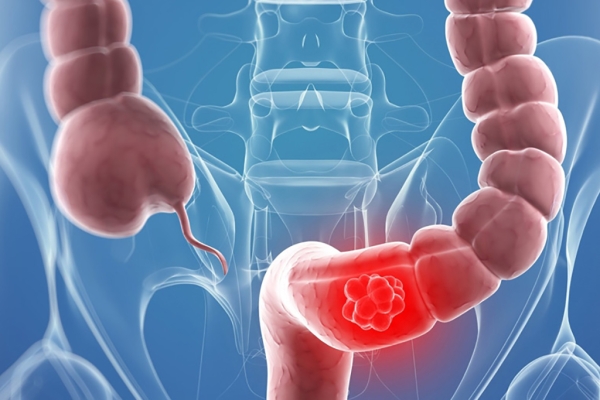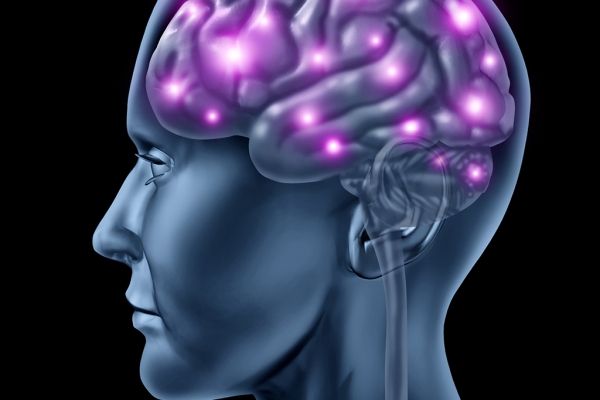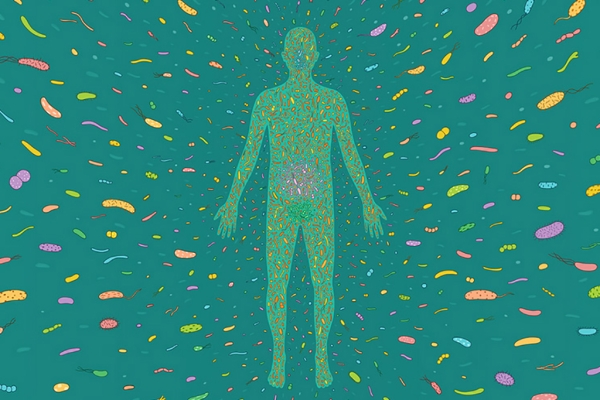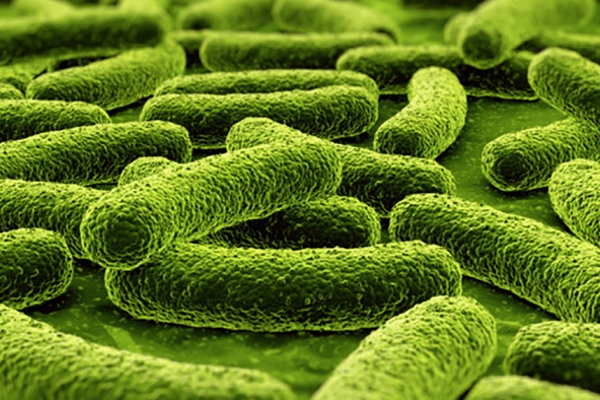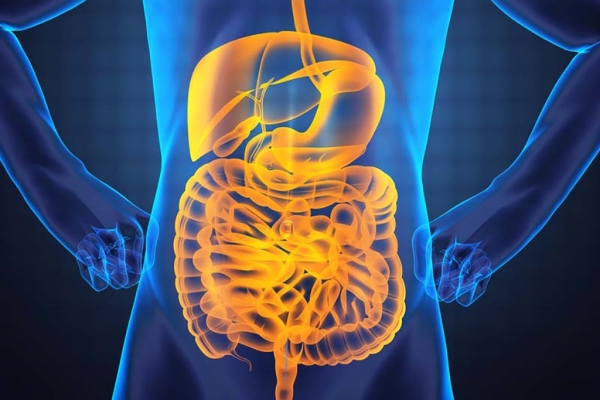-
11-02-2026
Gut Microbiome and Menopause / Perimenopause
Menopause is not simply the end of a woman’s reproductive phase. It is a complex transitional period characterized by extensive hormonal, immunological, and metabolic changes that affect the body's overall functioning. During perimenopause, that is, the transitional phase...
-
27-01-2026
Mini Prevention Guide- Probiotics, Prebiotics, and Key Foods for Gut Health
In an era where fatigue, sleep disturbances, digestive discomfort, and unexplained inflammation have become almost “normal,” the human body is sending signals that should not be ignored. Behind many of these daily symptoms lies an often-overlooked protagonist of our overall...
-
12-01-2026
Gut Microbiome and Sleep Disorders
Sleep is one of the most fundamental functions of the human body. It directly affects our physical and mental health, concentration, immune function, and hormonal regulation. However, in an era overloaded with stimuli and stress, sleep disorders such as insomnia, shallow sleep,...
-
11-12-2025
After the Feast: What Happens to Our Gut and Hormones After Overeating
The holidays are, for many, the most beloved time of the year. Meals with friends and family, rich dishes, wine, sweets, and carefree indulgence. However, after each such gathering, many of us experience bloating, fatigue, or low mood. Others may even experience digestive issues,...
-
10-10-2025
Gut Microbiome and Anxiety: The Gut-Brain Axis in Functional Medicine
When the Gut Speaks to the Mind How often do we hear or say the phrase «stress upset my stomach» or «I had a knot in my stomach»? While these expressions may sound merely metaphorical, modern science has revealed something far more substantial: the gut truly affects the...
-
01-10-2025
How to Support Your Microbiome in 7 Simple Steps. Mini Prevention Guide
Introduction: The Microbiome in Everyday Health and Prevention Do you often feel fatigued without an apparent reason, experience digestive issues such as bloating or irregular bowel movements, notice mood changes, sleep disturbances, or even intense cravings for sweets? These...
-
28-08-2025
Gut Microbiome and Emotional Overeating
When the gut influences our food decisions Have you ever eaten an entire box of cookies or emptied a bag of chips even though you weren’t truly hungry? Or perhaps, after a tough day, you feel an overwhelming craving for sugar or carbohydrates? This phenomenon, often referred...
-
21-04-2025
Foods to Help You Ease Bloating: The Complete Natural Relief Guide
What Is Bloating and Why Does It Matter? Bloating is a common digestive symptom characterized by a feeling of fullness, pressure, or tightness in the abdomen. It often comes with gas, cramps, irregular bowel movements, and general discomfort. While bloating itself is not a...
-
23-03-2025
Self-Care Tips for Patients with Crohn’s Disease
Crohn’s disease is a chronic inflammatory bowel disease (IBD) that can affect any part of the digestive tract, causing symptoms such as abdominal pain, diarrhea, fatigue, and weight loss. Since the disease is chronic and characterized by periods of remission and flare-ups,...
-
17-03-2025
Therapeutic Approaches for Heartburn
Heartburn is acommon gastrointestinal disorder that causes a burning sensation in the chest. It is usually caused by stomach acid refluxing into the esophagus. While occasional heartburn is not a serious medical concern, frequent episodes may indicate gastroesophageal reflux...
-
23-02-2025
Gut Health: The Key to a Strong Immune System and Better Mood
The gut is not just a digestive organ but a complex system that influences the entire body's health. Scientists call it the “second brain” because the microbiome—the trillions of bacteria living in the gut—plays a crucial role in immune function, the nervous system, and...
-
08-12-2024
Celiac Disease. Symptoms, Causes, Lab Tests, Treatment
Celiac disease is a chronic autoimmune disorder triggered by ingesting gluten, a protein found in wheat, barley, and rye. It affects genetically predisposed individuals and can lead to inflammation and damage of the small intestine, specifically the villi, which is responsible...
-
02-10-2024
Irritable Bowel Syndrome and its Relationship to the Microbiome and SIBO
Irritable bowel syndrome (IBS), also known as spastic colitis, is a common gastrointestinal disorder affecting 10-20% of the developed world. In the U.S. alone, nearly 45 million people are estimated to have IBS, with many remaining undiagnosed. It's more common in women and...
-
17-06-2024
SIBO: A guide of Testing and Treatment
SIBO, or Small Intestinal Bacterial Overgrowth, is a condition with an abnormal increase in bacteria in the small intestine. Testing of SIBO mainly involves a Breath Test. This is the most common method used to diagnose SIBO. It involves drinking a solution containing sugar...
-
05-06-2024
Gastrointestinal Diseases During Summer
Many look forward to summer because of vacations, outdoor activities, and social gatherings. However, it is also a time when gastrointestinal diseases (GIDs) become more prevalent. This increase is attributed to several factors, including higher temperatures, changes in diet and...
-
28-10-2023
Crohn’s Disease: Root Causes, Tests, Natural Therapies
Crohn's disease is a chronic inflammatory bowel disease (IBD) that primarily affects the gastrointestinal tract. It is a complex condition with a wide range of symptoms and can vary in severity from mild to severe. Symptoms of Crohn’s Disease Crohn's disease can cause a wide...
-
27-10-2023
Gut Microbiota and NAFLD
Non-alcoholic fatty liver disease (NAFLD) is characterized by an excessive intrahepatic fat accumulation, i.e., steatosis, without significant alcohol consumption. Liver steatosis is fat accumulation, in >5% of hepatocytes. NAFLD may be present in several forms ranging from...
-
17-06-2023
A guide for a healthy gut microbiome
A multitude of microorganisms makes up our gut microbiome performing many different functions in order to maintain our body's health and well-being. An unbalanced gut microbiome, however, can be the cause of many adverse conditions in our digestive system and more. Problems that...
-
15-06-2023
Avocado. The ally to your gut microbiome health
Studies aimed to analyze the impact of avocado consumption on the gut microbiome and microbial metabolites show us now that daily consumption of avocado can contribute to the improvement of gut health and its microbiome. Overweight and obese but healthy adults were included in...
-
15-06-2023
The vaginal microbiome and its significance
Seems like what happens in the gut can have an impact on the vaginal microbiota. The gut microbiota consists of a complex community of microorganisms, including bacteria and fungi, that reside in the gastrointestinal tract. It plays a crucial role in digestion, nutrient...
-
13-02-2023
Carotenoids and the Gut Microbiome
Carotenoids have been related to a number of health benefits. Their dietary intake and circulating levels have been associated with a reduced incidence of obesity, diabetes, certain types of cancer, and even lower total mortality. Their potential interaction with the gut...
-
03-10-2022
Role of the gut microbiome in chronic diseases
The gut microbiome, i.e., the community of bacteria and other microorganisms living in the human gut, has been implicated both directly and indirectly (mediating the effects of diet) on human health. The associations between gut microbiome composition and disease status have been...
-
24-10-2018
Intestinal microbiome: How does it affect your body?
The human body contains trillions of microorganisms. In fact, we have more bacteria than cells. And most of them live in our gastrointestinal system! The bacteria that constitute the "intestinal microbiome" not only help the digestion of the food we consume but affect the whole...
-
14-02-2018
Crohn's Disease
Crohn's disease is an inflammatory bowel disease (IBD) that can affect any part of the gastrointestinal tract from the mouth to the anus. Symptoms of Crohn's disease The most common areas of the gastrointestinal tract affected by Crohn's disease are the last parts of the small...
-
20-12-2017
Irritable Bowel Syndrome
Irritable bowel syndrome or spastic colitis (IBS) is a common disorder that affects the large intestine. Irritable bowel syndrome is a chronic condition that usually causes abdominal pain and cramps, bloating, gas, diarrhea, and constipation. Despite its symptoms, irritable...
-
09-03-2017
M2-PK. New Screening Test for Colon Cancer
If the M2-PK test is negative then no further colonoscopy is needed. Colon cancer is one of the most common cancers in the western world, which affects approximately 530.000 people annually in the United States and Europe, resulting in 255.000 deaths per year. In Greece, it is...
-
08-03-2017
Gut Microbiome and Alzheimer Disease
Intestinal bacteria may play a role in Alzheimer's disease. New research from Lund University, in Sweden, showed that intestinal bacteria can accelerate the development of Alzheimer's disease. According to the researchers, the results bring in new perspectives for the prevention...
-
29-03-2016
Enhancing your Gut Microbiome
Enhance your gut microbiome through diet, sleep, and exercise. The ιντεστιναλ microbiome is a dynamic feature of the gastrointestinal tract that affects the health of the whole body. The gut microbiome can significantly influence the pathogenesis of conditions such as...
-
09-11-2015
Microbiome Diet
The article Microbiome Diet, published in the newspaper "All about Health" on 4-11-2015. Microbiome Diet. Lose weight forever! Have you ever wondered how an examination of the intestinal microbiota can give us important information that leads to definitive solutions for proper...
-
23-10-2015
Urine Indican
The urine Indican test (also called the Obermeyer test) is an indirect laboratory method for the diagnosis of intestinal dysbiosis and microbial overgrowth in the small intestine (SIBO). Indican is a by-product (indole) produced when bacteria in the gut act on the amino acid...
-
28-09-2015
Leaky Gut Syndrome
The intestine is often called the cornerstone of the body's health, and the digestive system as the "mother" of the body, as it nourishes all the other organs and provides the first line of defense against "foreign" substances. Leaky gut syndrome constitutes a gray area in terms...
-
16-09-2015
Everything you always wanted to know about the gut microbiota
The word microbiota generally refers to a range of microorganisms found in a specific environment. The human body has numerous microorganisms living in and on it, such as on the surface or in deeper layers of the skin (skin microbiome), the mouth (oral microbiome), the vagina...
-
20-02-2015
Brain-Gut Axis
The gut microbiome – comprised of several trillion bacteria living in the digestive tract, is gaining recognition as a contributing factor to diseases not only of the gastrointestinal system, but cardiovascular, immune, and neurological systems. Leo Galland, from the Foundation...
-
15-04-2014
Intestinal Dysbiosis
The effect of intestinal dysbiosis on human health. Is it possible for a healthy diet to increase the endurance of our body? Is it possible for proper nutrition to help us to avoid allergies or inflammatory bowel disease? It seems that the underestimated microflora that...


-600x400.jpg)


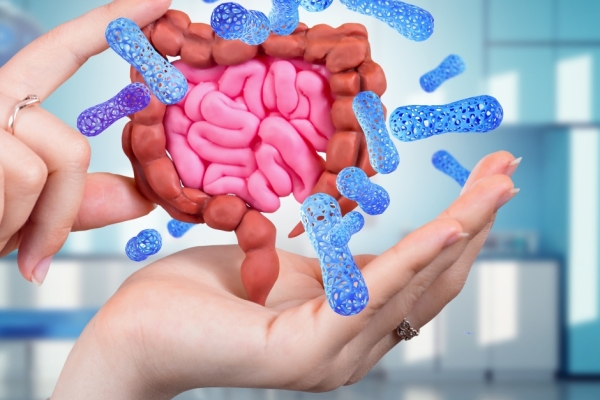


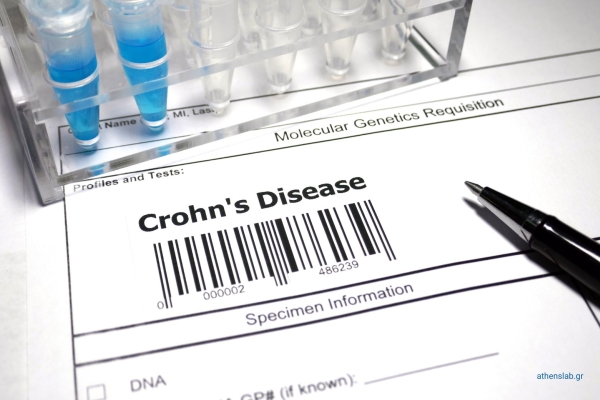


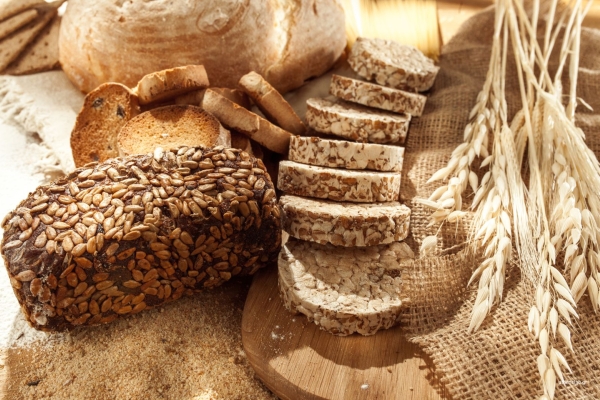

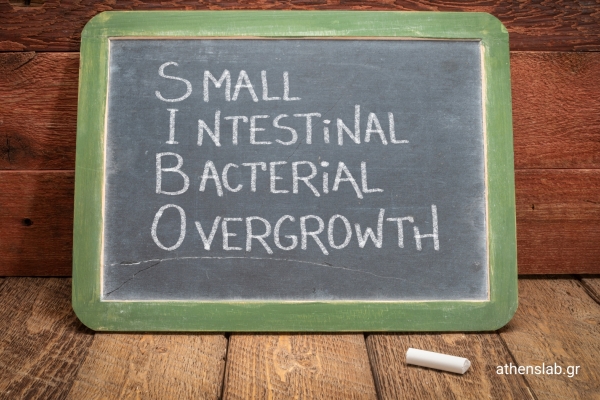
-600x400.jpg)










